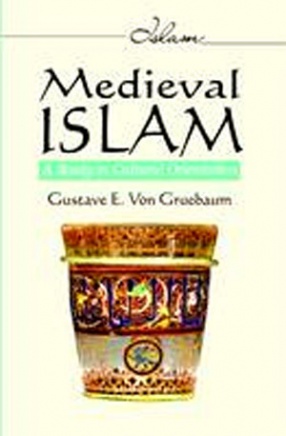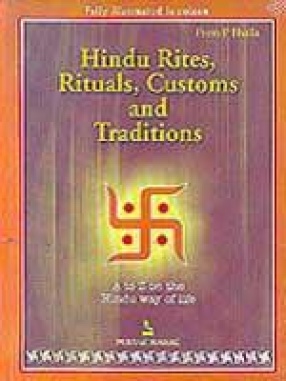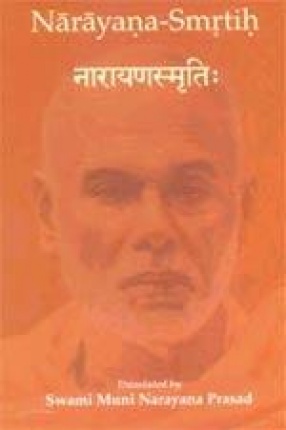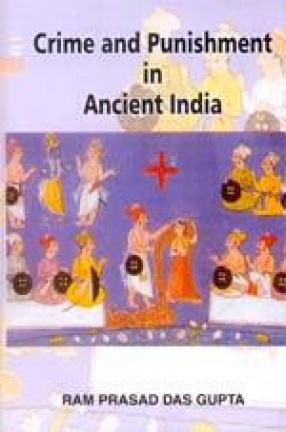Medieval Islam grew out of a series of public lectures delivered at the University of Chicago. The book aims to outline the cultural orientation of the Muslim Middle Ages, with eastern Islam as the centre of attention. It attempts to characterize the medieval Muslim’s view of himself and his defined universe, the fundamental intellectual and emotional attitude that governed his works and the mood in which he lived his life.
It strives to explain the structure of his universe in terms of inherited, borrowed and original elements, the institutional framework within which it functioned, and its place in relation to the contemporary world. The plan of this book rules out the narration of political history beyond the barest skeleton, but requires the ascertaining of the exact position of Islam in the medieval world and its significance. This plan also excludes a study of Muslim economy, but it leads to an interpretation of the social structure as molded by the prime loyalties cherished by the Muslim.
The Muslim approach to scholarship and literature is investigated, but the individual result attained by the Muslim scholar or writer, however important in the history of science or poetry, is touched upon only inasmuch as it documents a cultural trait not otherwise traced. The book is a standard reference on the subject.





There are no reviews yet.